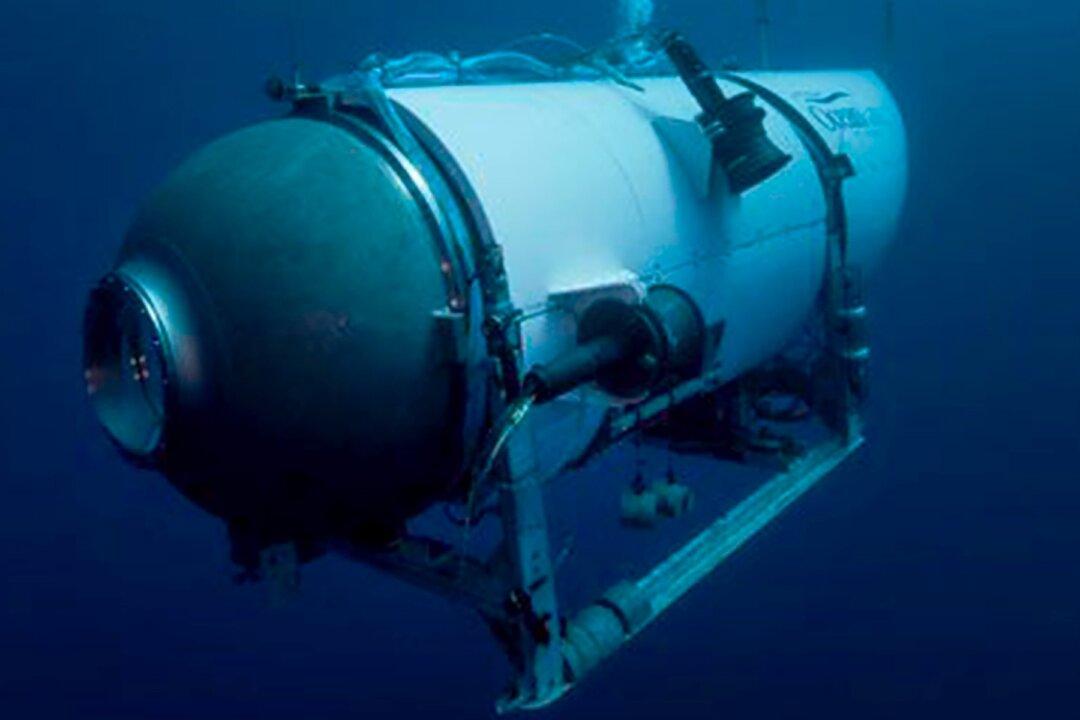Talk to someone who rode on the Titan submersible, and they’re likely to mention a technological glitch: the propulsion system failed or communications with people on the surface cut out. Maybe there were problems balancing weights on board.
They are also likely to mention Stockton Rush, the OceanGate Expeditions CEO who died on the fatal trip this week. He has been described by past passengers as both a meticulous planner and an overconfident pioneer.





